

What comes to mind when you hear the term “business systems?” Many people think of software-based solutions. But although software can help run business systems, it’s not a system in and of itself.
Dictionary.com defines system as “an assemblage or combination of things or parts forming a complex or unitary whole.” This formal definition provides an excellent foundation for how to think about your business-operating system.
After several years of helping clients implement such systems, I understand the importance of a holistic approach – where a business-operating system is a complete set of processes and tools used to help run a business.
The key to an effective, productive system is for all these processes and tools to work well together … “as a unitary whole.” Having one central business-operating system keeps your company on track by helping the entire leadership team row in the same direction.
Just as the organs in our bodies are all connected, so are the major components of your business. Each piece affects the other. It’s systemic.
From high-level concepts like core values and core focus, to ground-level details like weekly meetings and accountability – all of these are connected and part of a bigger system that helps your team run a tighter ship.
For example, if you tie your core values into a solid hiring process, you will experience a greater level of accountability throughout the organization, because the process of finding the “right” people is consistently followed by all. Even if it gets off track, or if specific issues arise, your system provides early warning, giving managers time to fix problems before they get out of control.
The right business-operating system will not only keep you on track; it will also help you break through the ceiling and take your business to the next level.
Stay tuned for future blogs on the individual components of a good business-operating system.





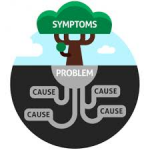

















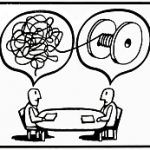






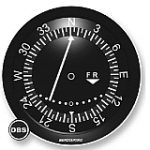












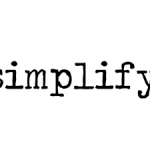


















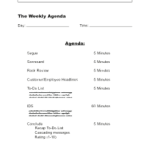






























11710 Plaza America Drive, Suite 2000 Reston, VA 20190
703.278.CORE (2673)
Leave a Reply